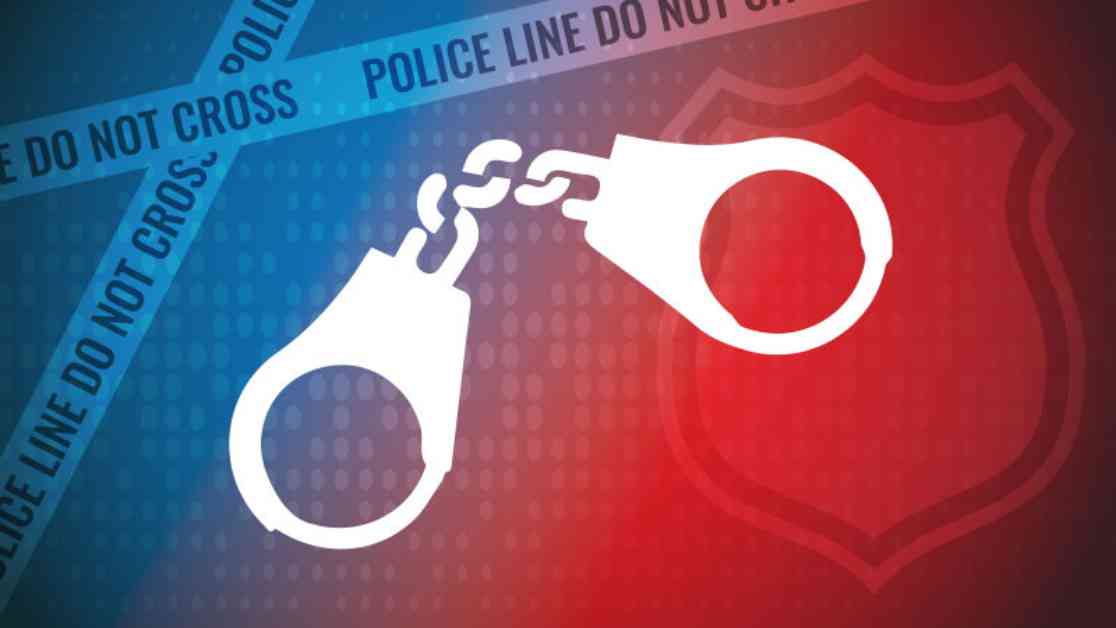Dubuque Police Officers Cleared in Shooting of Teen
Dubuque police officers involved in the shooting of a 16-year-old male last month have been cleared of any wrongdoing and returned to duty.
The incident, which took place on Christmas Eve, occurred when the officers responded to a call regarding a teenager with a knife who had outstanding warrants for his arrest. The officers attempted to taze the teen after he refused to drop the weapon, but he charged at them instead. In response, both officers fired their weapons, injuring the teen in the shoulder and arm.
Investigation and Ruling
Following the shooting, the Iowa Division of Criminal Investigation (DCI) conducted an investigation into the incident. The findings of the report were then handed over to the Dubuque County Attorney, who ultimately ruled that the officers’ actions were justified.
The ruling comes after a thorough review of the evidence and witness testimonies, which supported the officers’ claim that they acted in self-defense. The teen, who sustained injuries from the shooting, is currently recovering from his wounds.
Community Response and Police Protocol
The shooting has sparked conversations within the community about police use of force and tactics in handling potentially dangerous situations involving minors. Some have questioned whether non-lethal methods could have been employed to de-escalate the situation without resorting to gunfire.
In response, the Dubuque Police Department has reiterated its commitment to ensuring the safety of both officers and the public. Training programs and protocols are continuously reviewed and updated to equip officers with the necessary skills to navigate high-stress situations while minimizing harm.
Moving Forward
As the community processes the ruling and its implications, discussions about police-community relations and transparency in law enforcement practices are likely to continue. It remains essential for all stakeholders to engage in constructive dialogue and work towards building trust and understanding between law enforcement and the community they serve.
In moments like these, it is crucial to reflect on the complexities and challenges faced by both law enforcement officers and individuals involved in such incidents. While the ruling may bring closure to some, it also raises broader questions about the intersection of justice, safety, and accountability in our society. Let us use this opportunity to foster empathy, dialogue, and meaningful change for a safer and more just community for all.









